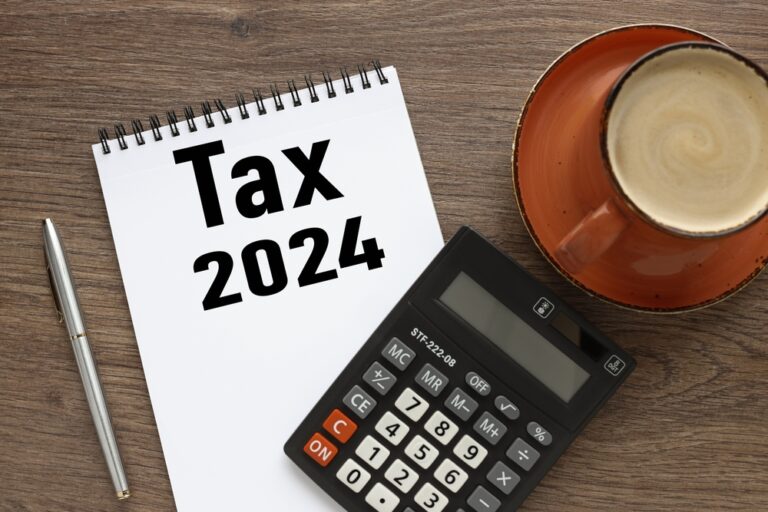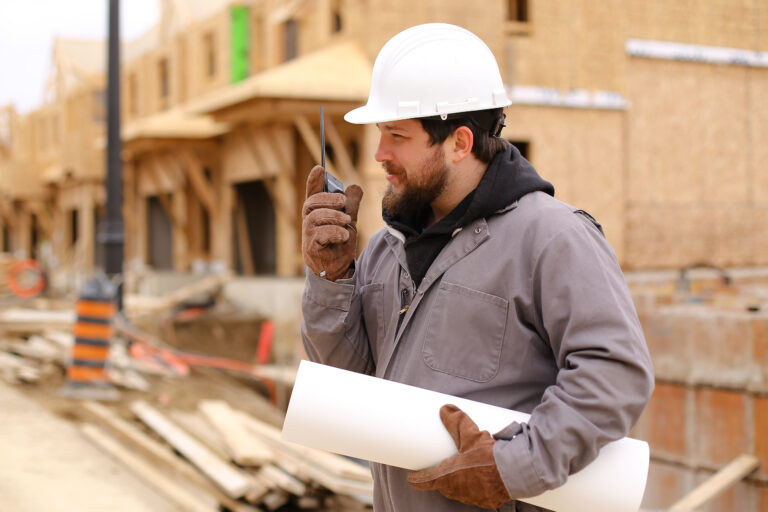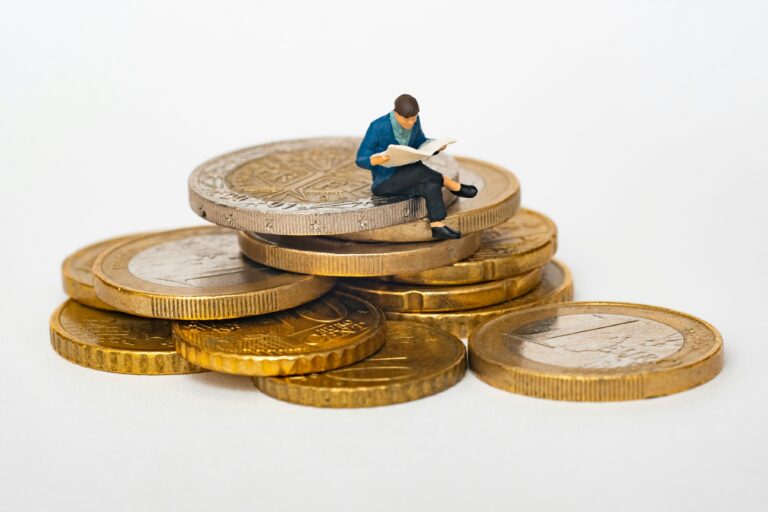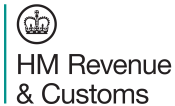What is self Assessment Tax Return?
It is every individual’s responsibility to pay taxes to the government from the income they earn so that the government can use that tax for the welfare of the people. Like we pay income tax from our income, self assessment tax is paid by individuals who are self-employed and do not come under government and hence it is their responsibility to file for self assessment tax return under HMRC. In more simple words, Self assessment is the HMRC’s way to find out how much income tax and national insurance an individual needs to pay under any income that is not taxed at source.
Generally for employees, income tax is deducted automatically, but this cannot be done in the case of self-employed people, people who come under pensions and other means of earning income that cannot be deducted by HMRC on its own and that is where self assessment tax plays an important role. Therefore, it is important to know about, and also the processes involved in filing it.
How to submit the Self-Assessment Tax?
The first step to submit a self-Assessment tax return is to register for it. Whenever an individual identifies the reason for filing a self assessment tax return, he or she should inform HMRC about it in the first place. You can do this by either completing the online HMRC form or downloading and posting a completed SA1 form to the HMRC. After the completion of the registration, HMRC will send you a Unique taxpayer reference number. With this number you will be able to set your government gateway account and then through this account created you can submit your self assessment tax return without any hassle.
Things you need to have while filing your self assessment tax return:
- Your 10 digit UTR number and National Insurance Number
- Details of any self-employment business expenses,
- Details of income from self-employed including bank statements, dividends and interests on shares
- Details of any pension or charitable contributions for tax relief.
And if you earn income through employment, you will also need :
- P60 from your employer, showing your income and the tax you have already paid.
- P11D or P9D, showing any benefits or expenses you received.
- P45 if you have left your job during the tax year.
When you have all these necessary information, you can file for your self assessment tax very easily.
Who are eligible to submit Self Assessment Tax?
People who are eligible to file for the self assessment tax return are as follows:
- Those who work for themselves or as lone proprietors
- An executor of a deceased person’s estate
- You are a company director, and your earnings are not subject to PAYE taxation.
- A religious minister
- A trustee
- A business partner
Furthermore, even if you are on PAYE, you may be required to do an assessment if:
- You have extra money from property, investments, and other sources.
- You have taxable overseas earnings.
- You earn more than £100,000 every year.
- You or your partner get child benefit and have an income of more than £50,000.
- Your expenditure claims total more than £2,500.
- You’ve made capital gains.
Frequently Asked Questions (FAQs)
1. Do I need to do a Self Assessment?
You must send a tax return if, in the last tax year (6 April to 5 April), you were self-employed as a ‘sole trader’ and earned more than £1,000 (before taking off anything you can claim tax relief on) or a partner in a business partnership.
2. What are self assessment late filing penalties?
Late filing penalties apply for personal tax returns. There is a £100 penalty immediately after the due date for filing (even if there is no tax to pay or the tax due has already been paid). The full penalty of £100 will always be due if your return is filed late, even if there is no tax outstanding.
Deadline to submit self-Assessment tax return
The last date to file your self assessment tax is 31st January 2024. Hurry up if you have not filed your self assessment tax bill still.






